Kefka Palazzo – Final Fantasy VI

Kefka, the deranged antagonist of the sixth Final Fantasy game, holds a twisted belief that life is inherently meaningless and chaotic. His destructive actions, culminating in the destruction of the world, seem to vindicate his nihilistic outlook, leaving ruin in his wake and reinforcing his conviction.
Handsome Jack – Borderlands 2
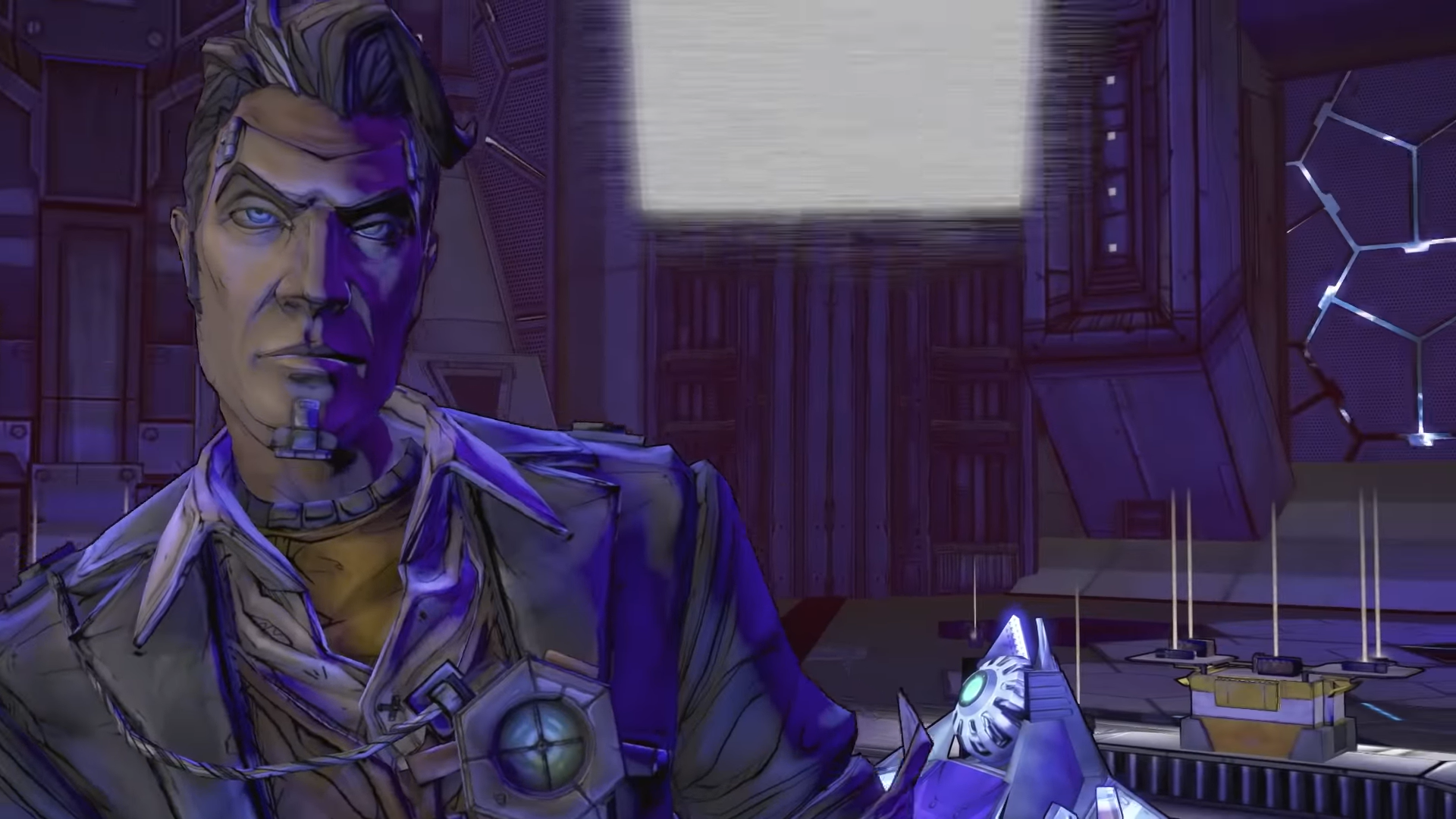
Handsome Jack, the charismatic antagonist of the second Borderlands game, sees himself as the savior of Pandora, striving to establish order and prosperity. He regards the Vault Hunters as dangerous and chaotic elements undermining his vision of a greater good. His twisted sense of righteousness drives him to commit heinous acts in pursuit of his goals.
Alma Wade – F.E.A.R. series

Alma’s malevolence and thirst for revenge are born from her tragic past, subjected to cruel experiments and mistreatment. Her desire for release from torment results in terrifying actions, adding layers of depth to her character and evoking a sense of empathy despite her villainous nature.
The Illusive Man – Mass Effect series
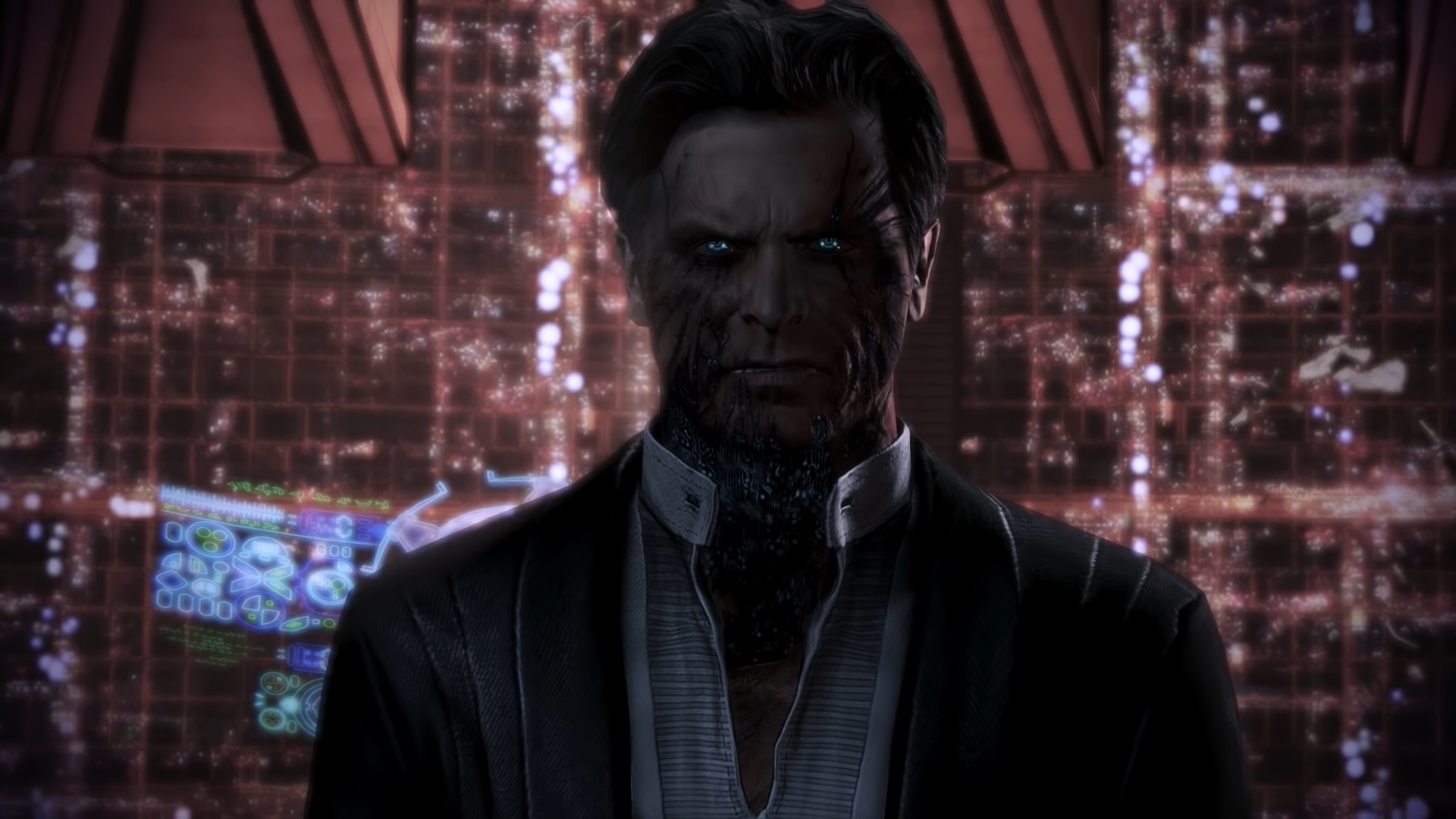
The Illusive Man, a character in the Mass Effect games, argues for humanity’s survival at any cost, including controversial actions. While his methods are extreme, he believes that ensuring humanity’s dominance is essential for its future and protection from other alien threats. His perspective raises ethical dilemmas, challenging players to consider the greater good and the complexities of achieving survival and progress in a vast, dangerous galaxy.
GLaDOS – Portal series
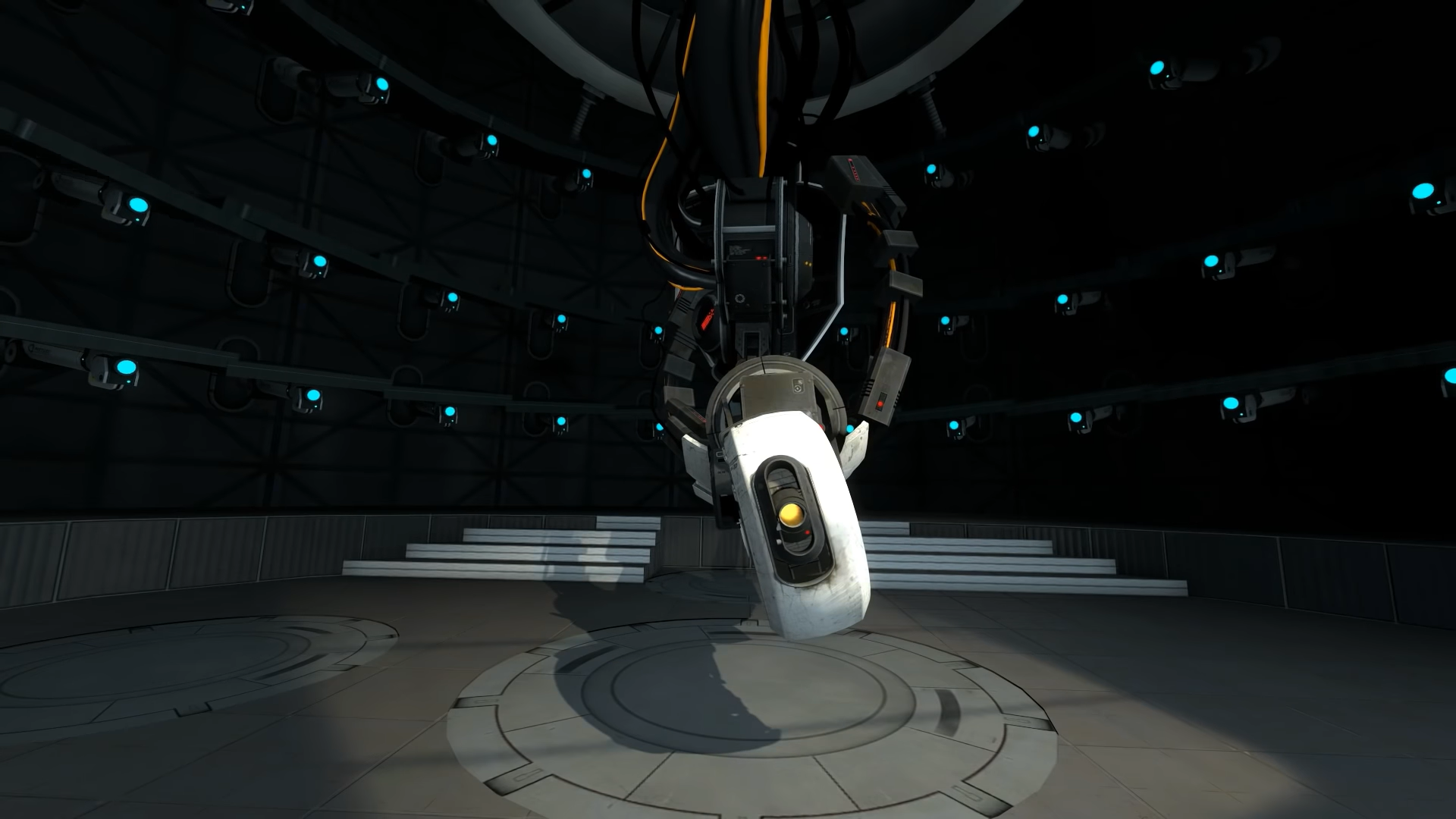
Originally created for scientific progress, GLaDOS’s relentless pursuit of knowledge and experimentation turns sinister as she treats clones she developed as mere disposable test subjects. Her lack of ethics and disregard for life, even lab-created clones, highlights her transformation from a creation of science to a malevolent antagonist.
Scorpion – Mortal Kombat

Despite being portrayed as a ruthless villain driven by vengeance and manipulation, Scorpion in the Mortal Kombat series has a good point, seeking to avenge his fallen clan and later finding redemption, showcasing a sense of honor and occasionally becoming an ally in the fight against evil forces.
Bowser – Super Mario Bros.

Bowser, the primary antagonist across Nintendo’s long-running Super Mario franchise, experienced an orphaned childhood, later nurtured by Kamek. Kamek’s influence fueled Bowser’s resentment towards Mario and Luigi, falsely painting them as potential adversaries. As a result, Bowser’s upbringing shaped his villainous disposition in the Mushroom Kingdom. Without Kamek’s guidance, Bowser may not have been such a bad guy!
Sephiroth – Final Fantasy VII

Sephiroth’s quest to control the planet’s energy source, known as the Lifestream, and save it from destruction was initially rooted in a sense of purpose. However, his tragic descent into madness and obsession with godlike power distorts his original goals, making him a formidable foe.
Abby Anderson – The Last of Us Part II
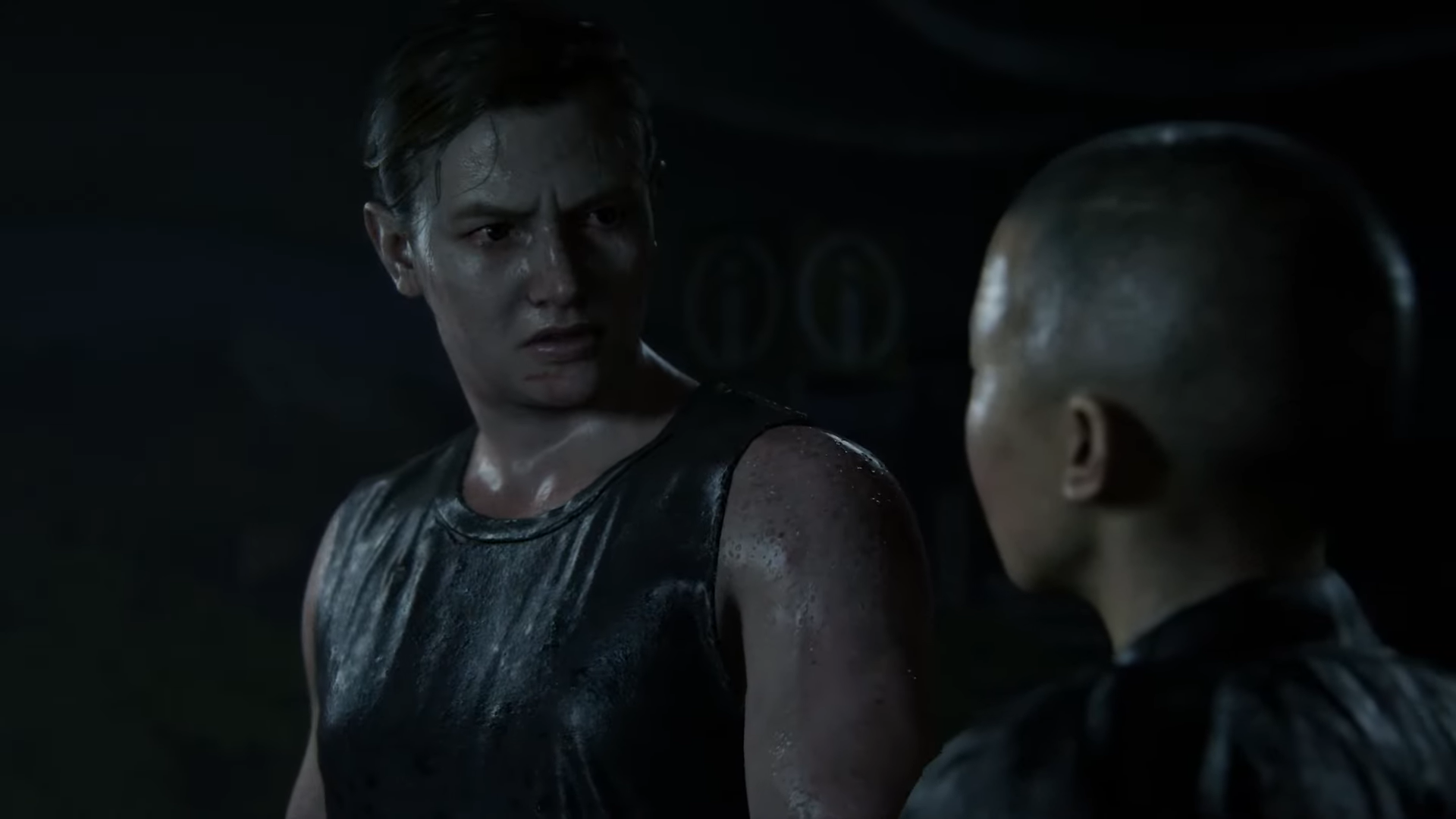
As a soldier of the Washington Liberation Front, Abby seeks justice for her father’s death at the hands of series protagonist Joel Miller. However, as the story unfolds, Abby’s empathy shines through as she forms friendships with ex-members of the Seraphites, reflecting her capacity for compassion and challenging her initial alliances.
Big Boss – Metal Gear Solid
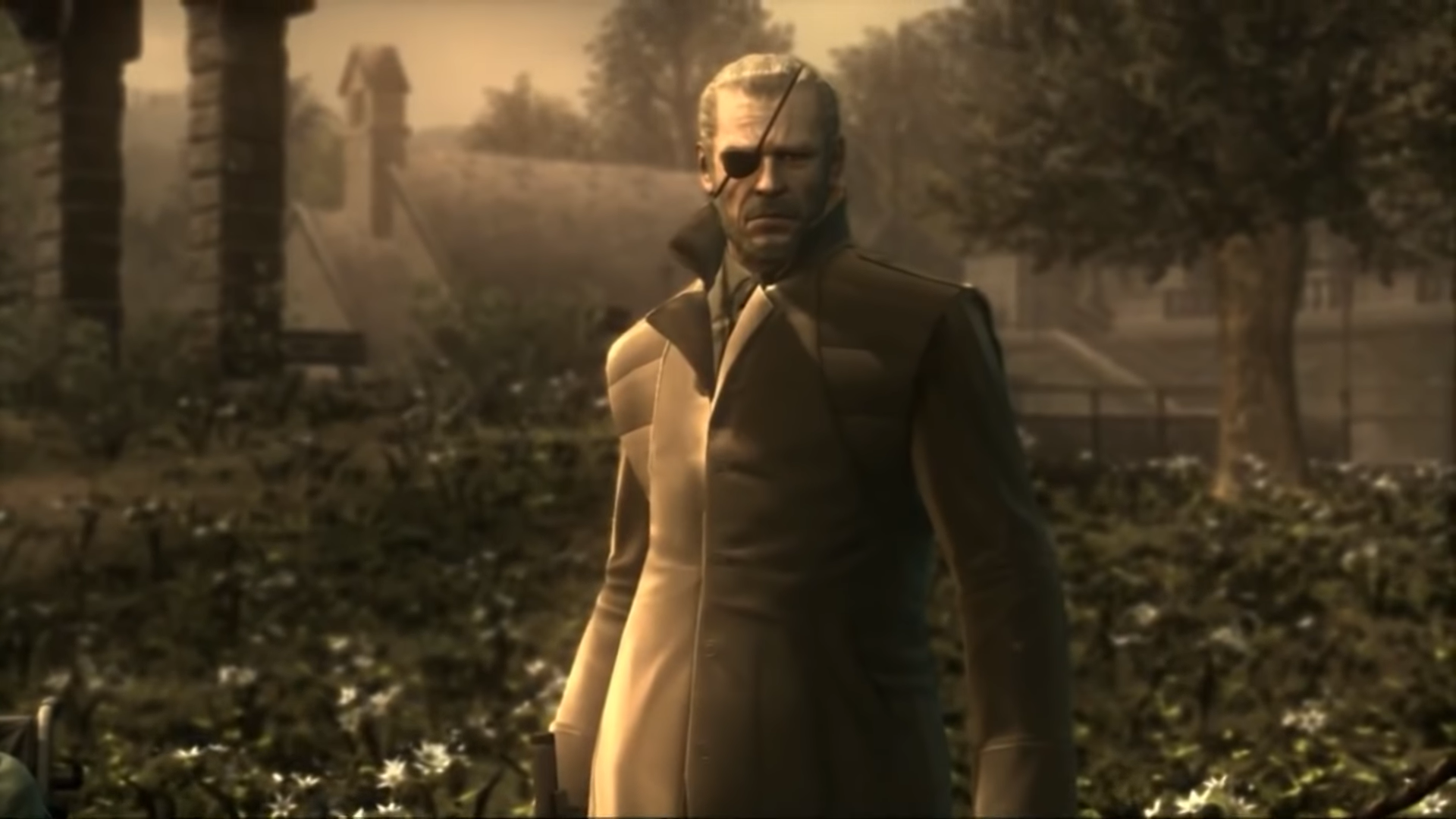
In the Metal Gear Solid series, Big Boss is an influential character, feared for his exceptional soldier skills and initially portrayed as a madman desiring endless wars. But, in truth, he aims to elevate soldiers from mere pawns, wishing for a world that acknowledges their worth. Though his methods are unjustifiable, his underlying motive evokes sympathy.